Stephan's path into photography was unusual. His first experience with a high-quality camera was a failure, but giving up is not his style. He comes from our region and apart from photography, he is a civil servant like you would probably never imagine. His creativity shows who he really is. And it is precisely this person and his work that we are talking about in today's interview: Stephan Thom
compagnon: Nice to have you with us, Stephan. In the creative scene, photographers of your young age are often presented in connection with their social media presence, as if the number of followers were decisive for their status in the scene. Now, your Instagram account hasn't grown a lot (yet). Is that an important measure for you personally? Do you have goals in this direction? And do you think that Instagram as a medium for photography is more of a curse or a blessing?
Stephan Thom: I was worried about that at the beginning. Why is my reach growing so slowly? But in the end, things often disappear as quickly as they come. There are failures and some things are no longer popular overnight. That's why I think it's idiotic to base your entire existence on reach and like numbers. Ultimately, the customer books you to have added value. Some people just want to buy reach. I want to offer the customer my results and my art, not my reach. If my channel grows, I'm happy. But in my eyes, some smaller accounts do a better job than the really big ones. I don't want to comment on hundreds of posts every day that I don't really like just to generate a follow or like myself. That makes Instagram extremely dishonest. I'd rather have honest comments and write to others myself if I have a tip for a post for them. I was blocked once for this, otherwise it always turns into nice small talk.

compagnon: Quite direct for our nice small talk. But with photos or art, it's also about other people looking at them. That's why social media is more essential than ever these days. Is your image look also influenced by this? How would you describe the style of your photos?
Stephan Thom: "Hhhhm, I would describe my style with the keywords 'moody & dark' but it is important to me to maintain a certain friendliness in the look and to minimize the menace. Of course, I reduce the lights in the edit of my photos, I even turn down the exposure and increase the contrast. Of course, I also tend to be out and about when the weather is too bad for the average person. Rain, fog and the like are exactly my thing. I can also achieve my style through editing when it's sunny, but I'm particularly grateful for 'bad' weather.
My focus has clearly shifted towards landscape, but I usually want to have a person in the picture, an empty landscape is not my cup of tea at the moment. Even if tastes change from time to time, of course. And in my 1.5 years I certainly haven't fully developed my style yet. I'm sure that will come with time."


compagnon: So you're on the way to getting better and better. And it seems to us that you are always your own harshest critic. What makes a first-class photographer in your opinion?
Stephan Thom: It's always in the eye of the beholder. What is a great photographer? If everyone tells you that your pictures look terrible, but you yourself love them and are satisfied with the work, then you haven't done anything wrong. However, there are a few things that are important in any case: the ability to work in a team, for example. If you are filming or shooting with several people, you have to be able to defend your point of view and assert yourself if necessary. But you also need the ability to take criticism. Knowing when you should accept criticism and use it to improve without feeling offended by the criticism. You should also always be as flexible as possible. That means being prepared to get up at unspeakable hours, survive on little sleep or cope with last-minute shooting requests.
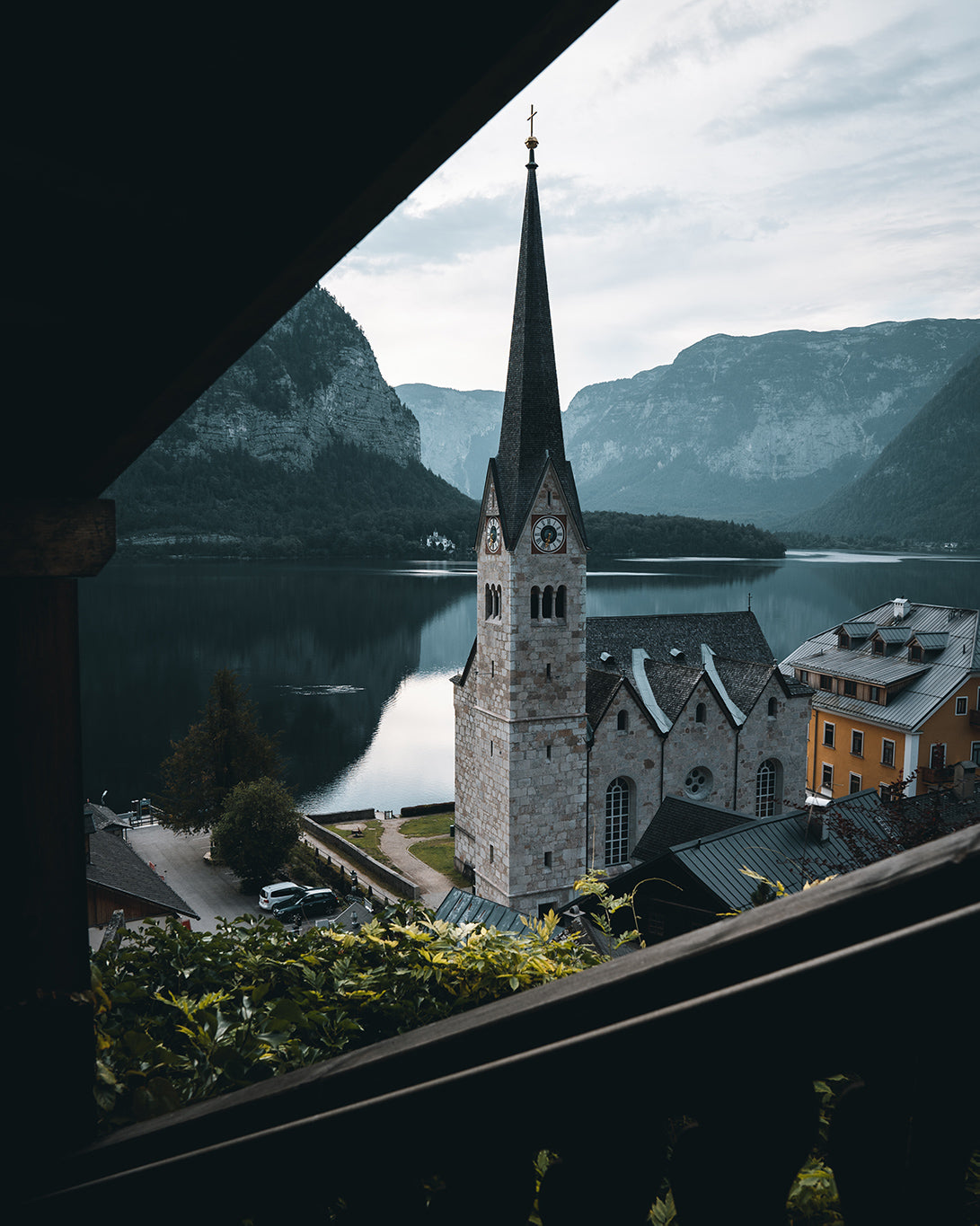

compagnon: That seems like a very enlightened point of view, especially for someone who only got into photography almost two years ago. Which camera accompanied you when you started out? How did it come about?
Stephan Thom: Short period of time, long story. I was planning a trip to Morocco with my girlfriend, which was still possible at the time. Up until then, I had been taking pictures with my iPhone and pimping them up a bit with filters. I wanted a bit more for my vacation and rented a Sony Alpha 6000 for it and I never got used to this camera. The automatic mode didn't work, the flash kept messing with my picture and the results just looked awful. In Marrakesh, I took no less than ONE picture with this camera. Two months later, I wanted to take some nice pictures on a trip to Paris. And what did I do? I bought the Alpha 6000. *laughs* The reviews of the camera were so good, I was convinced it was me. And the photos from Paris weren't really good either. Well.
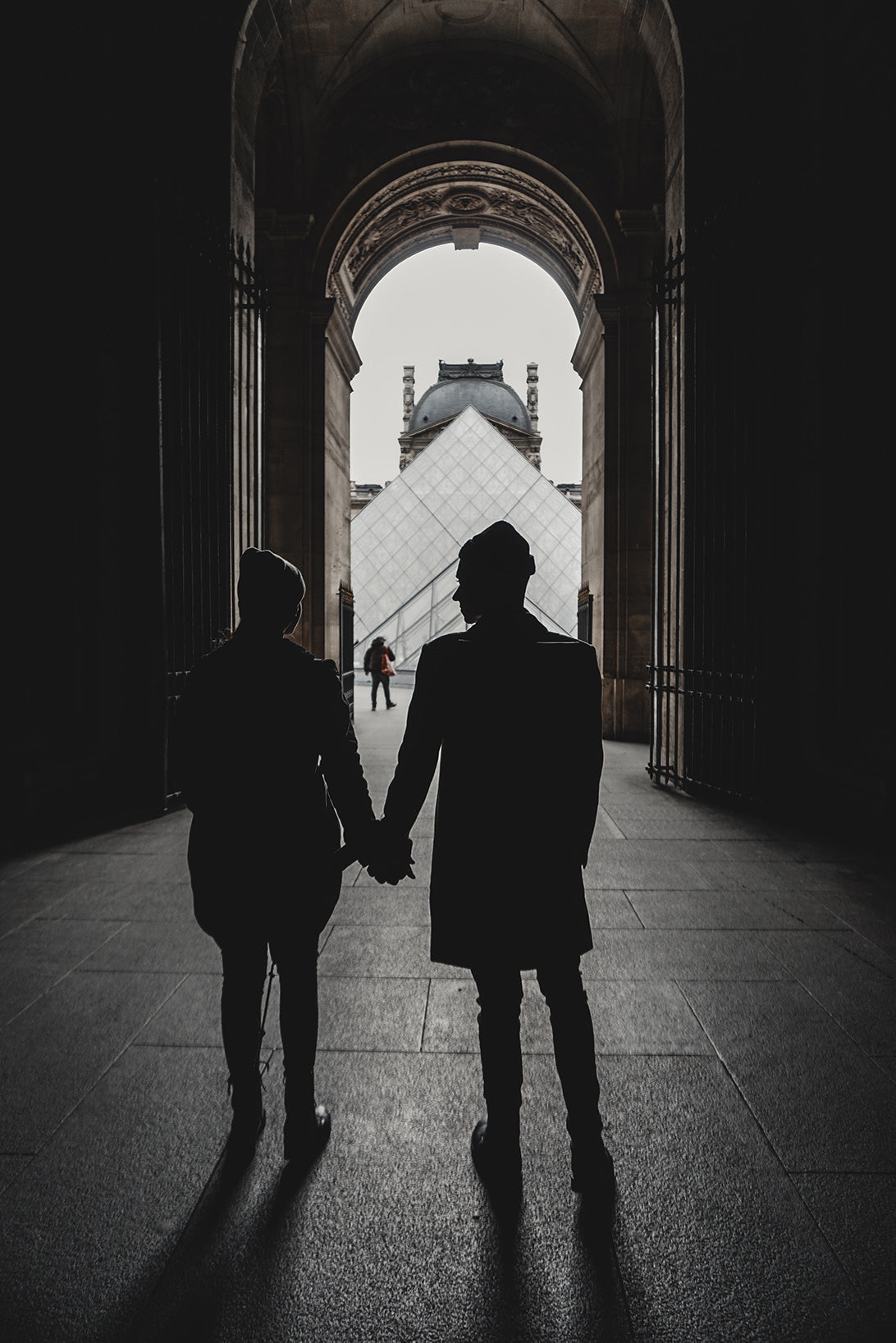
compagnon: You had problems with a borrowed camera and got bad results. And as a consequence you bought this very camera? A daring approach...*laughs*
Stephan Thom: Yes, it was. No matter how I edited the pictures, today I find the shots from Paris almost ugly. But it was an A6000 with a kit lens. There's no bokeh. Then I bought the 50mm f1.8, which doesn't even cost 100 euros. I took really cool fashion shots with it.
When I held a full-frame A7 II in my colleague's hands, I was blown away. The value, the weight, the look. A few months later I grabbed one with a 35mm Sigma Art. I took the new camera straight to the Southside Festival in the worst weather, including spending the night in the car. It was crazy but I loved it. Since then, every spare minute and every penny has gone into photography.

compagnon: It's not often you hear a story like that. Do you often think it's down to you when your equipment isn't ideal? *laughs* What was your biggest equipment mistake?
Stephan Thom: Well, I was once a model on a shoot and the photographer had an A6000 and the pictures looked good. So it was really down to me and I had to get the basics right. Because if you know your equipment, you can also get a lot out of less good cameras. When it comes to equipment, I limit myself somewhat and am at home with fixed focal lengths. I run for framing and live in the situation & location instead of just zooming. I bought a G-Master Zoom 24-70, but I hardly ever use it. At most as a travel zoom if there's no other way. But even when I do use it, I fix the set focal length and work with this fixed value. So for me, a zoom like this is actually totally pointless.

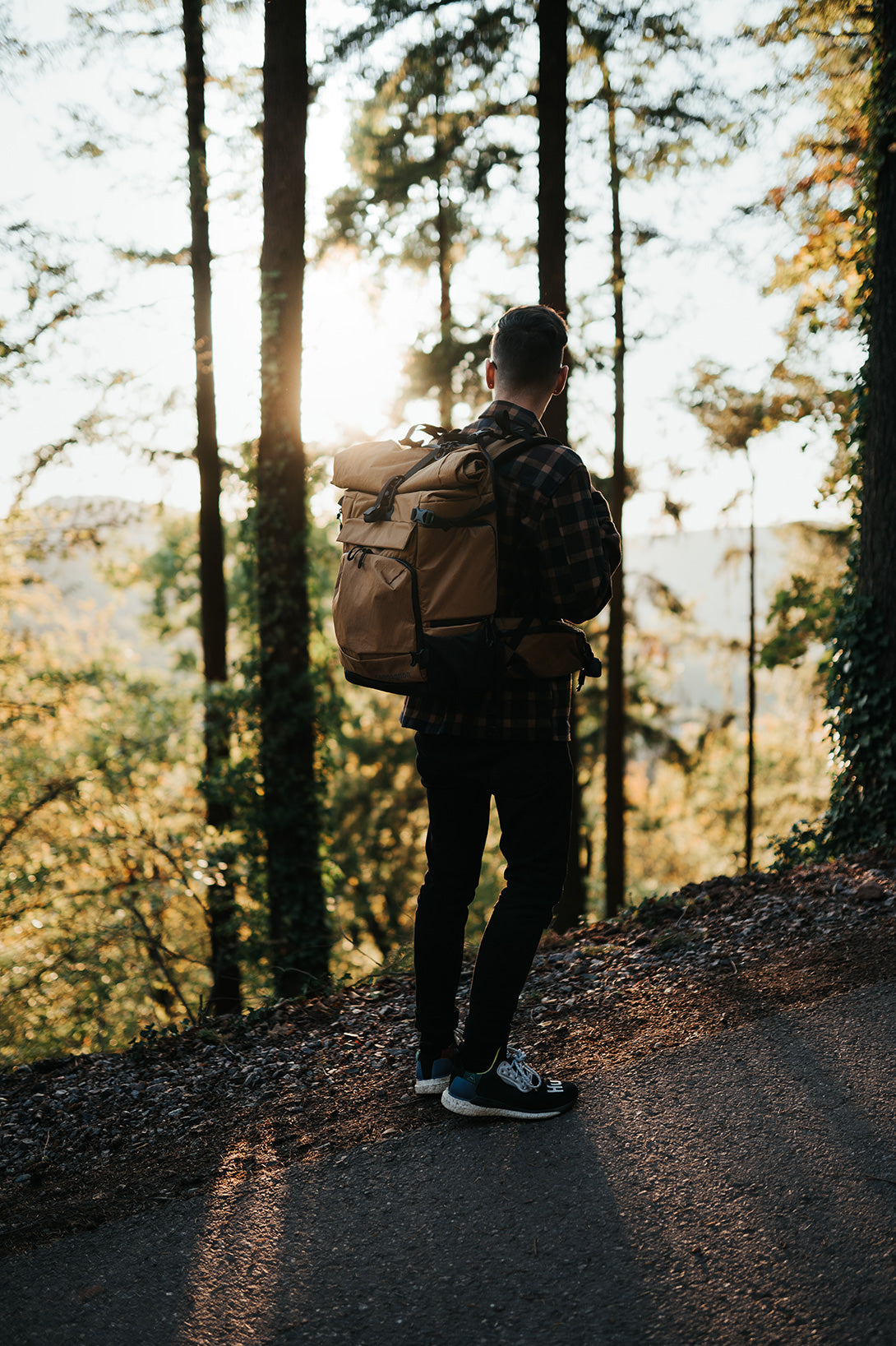
compagnon: Let's zoom in on your creative idols and dream partners. If you could choose a photographer or a model to shoot with for a day, regardless of whether they are still alive or not, who comes to mind?
Stephan Thom: Cool question, but there would be several names. I learned some basics from Benjamin Jaworskyj and would probably still learn a few things on a tour together. As well as from Peter McKinnon, Alan Palander or Matti Haapoja. Or Hannes Becker from the German Roamers, who simply finds cool places and adventures for himself. These people seem very likeable, at least in their social media presence. It could be interesting to get a personal picture of them working together. But that wouldn't be a goal or dream for me in itself, but I would be up for it if it came up.
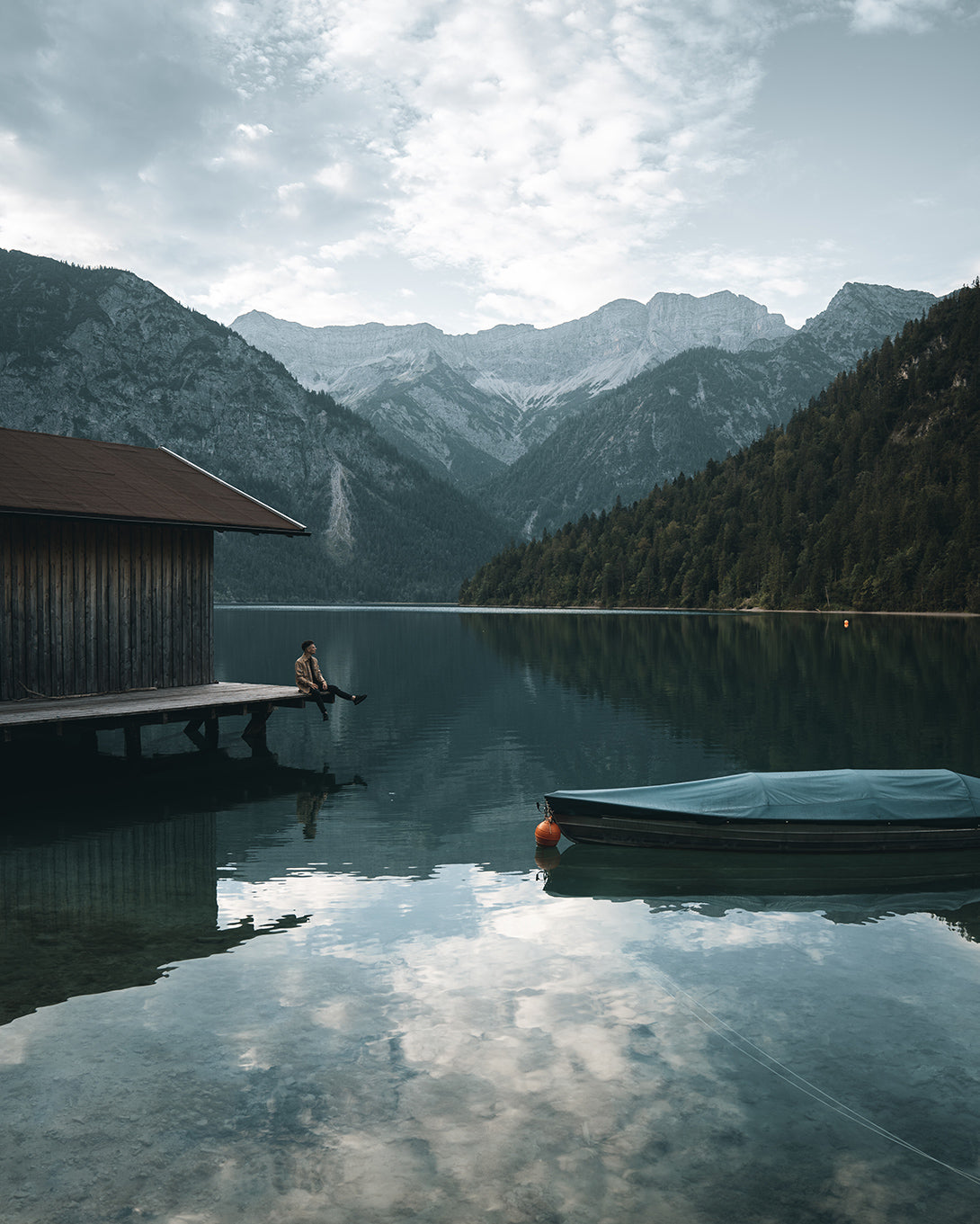
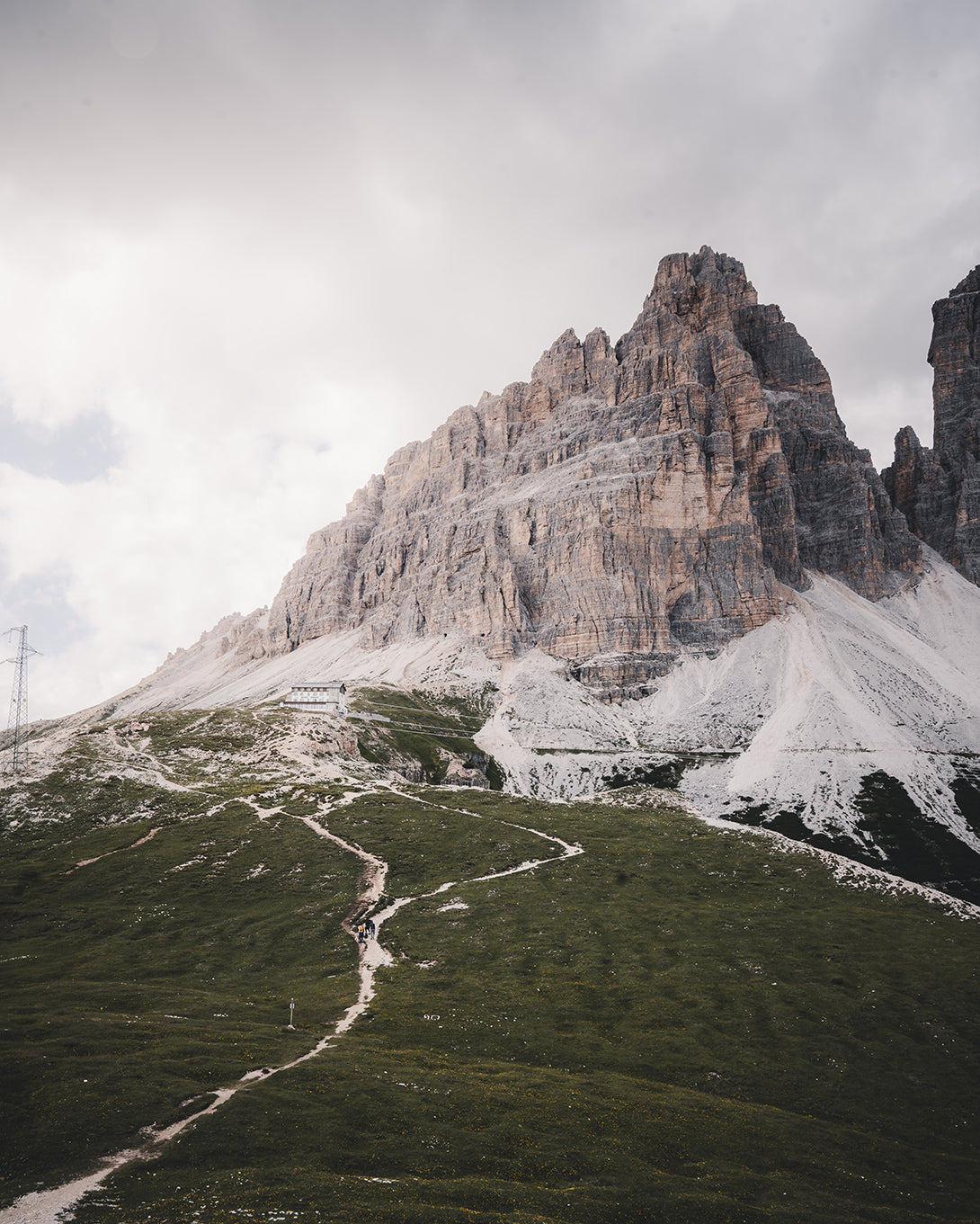
compagnon: And if you find a magic lamp and have three wishes that have to do with your creative work, what would you wish for?
Stephan Thom: That's not particularly difficult: Firstly, I would like more money so that I could simply travel more and have the time to travel. To live in other places more often and travel the world with my photography. Then I'd like to be a little less self-critical and a little more relaxed. I sometimes take an insanely long time to think about a single image and edit it over and over again. Feeling less inner critic would certainly be relaxing. My third wish would be to have complete and fully waterproof equipment without needing a case or a compagnon for protection, but to be able to shoot in heavy rain without having to worry about my camera, lens and accessories. But I'm sure I'll be able to buy that in the future.
compagnon: Perhaps some of your wishes will actually come true. We thank you for taking the time for this interview and wish you good health and continued success in your work, especially these days. No matter where you go in the future, you will be well prepared with the Element backpack. You can see more of Stephan on Instagram.
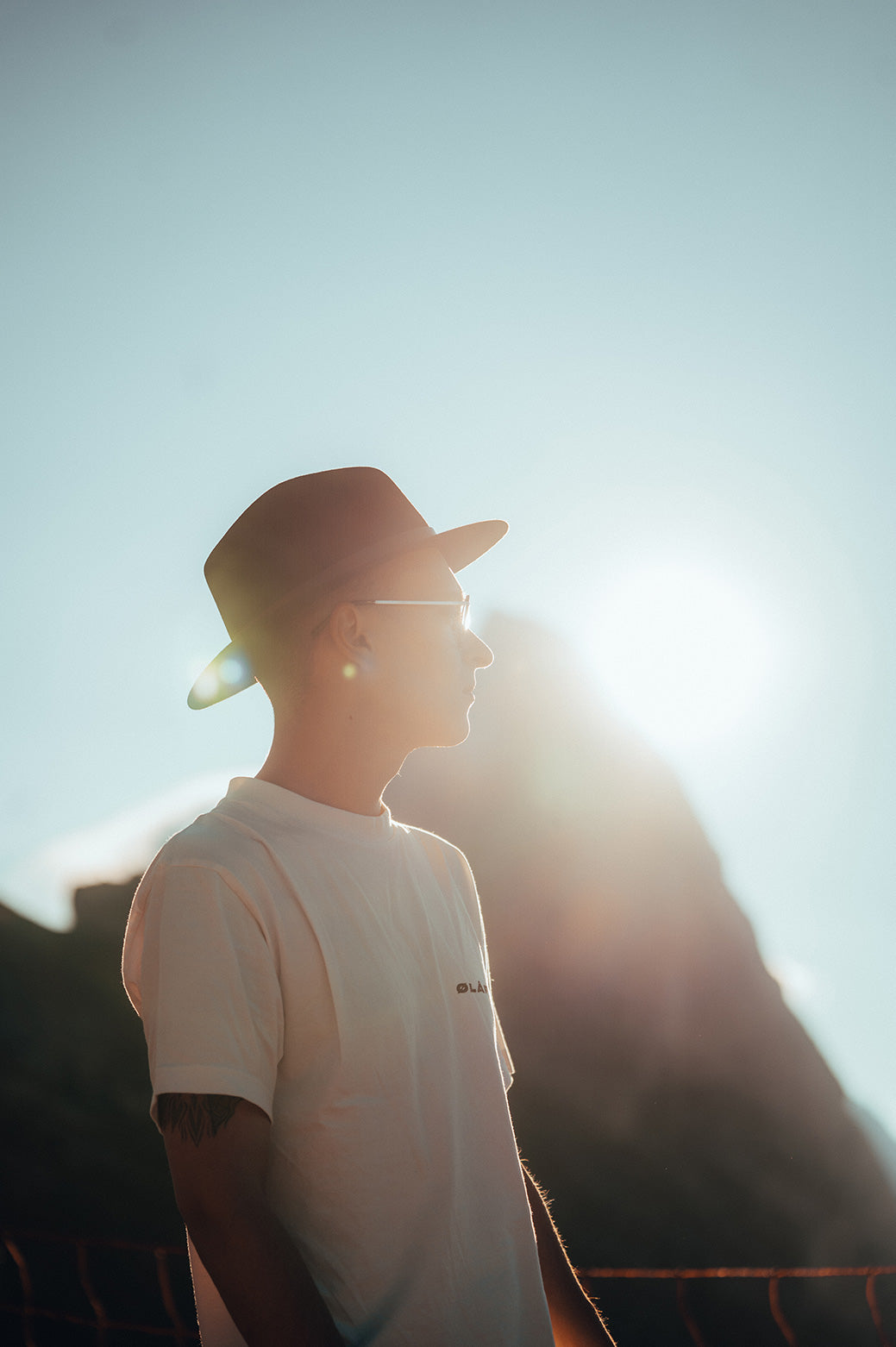


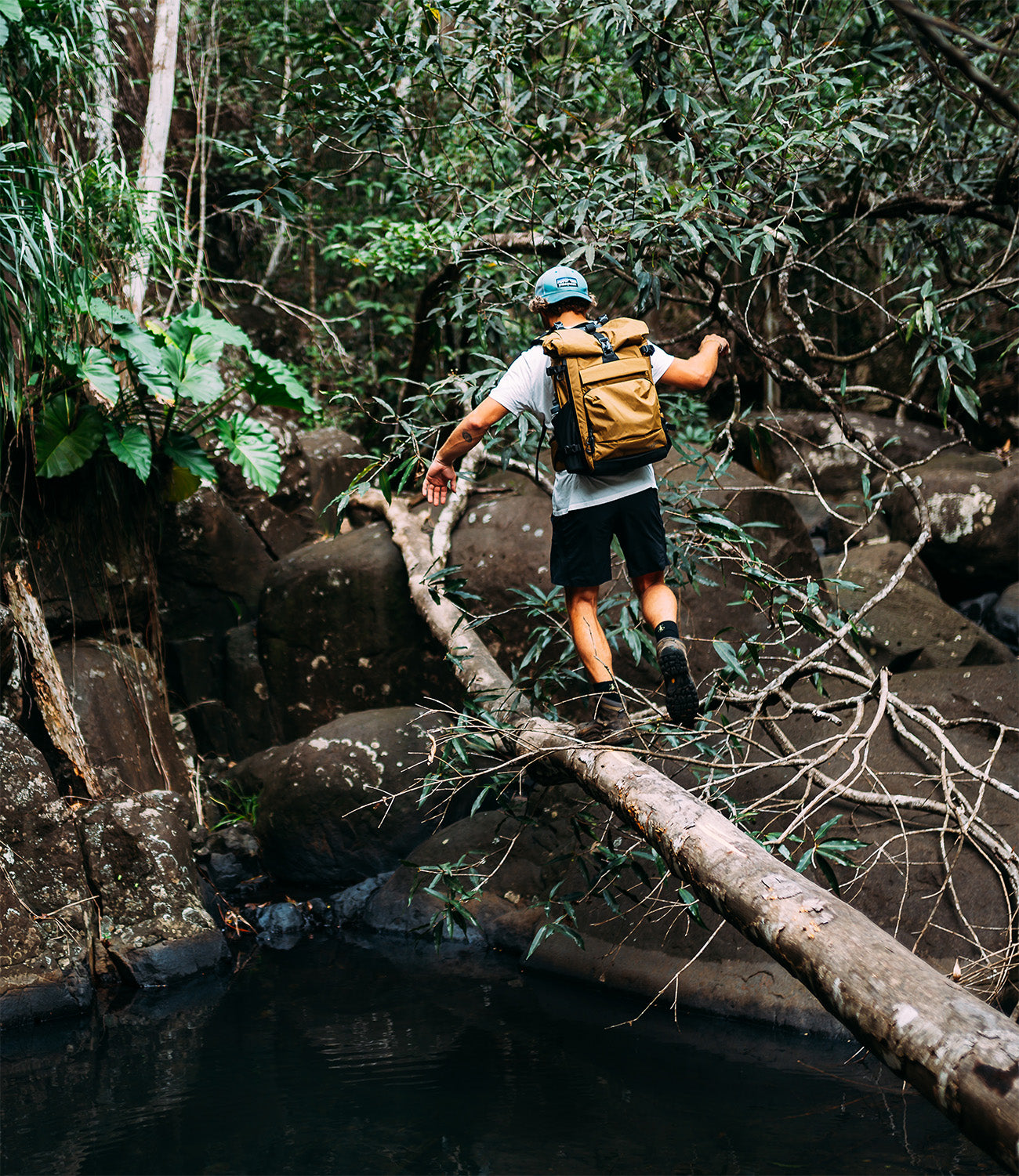
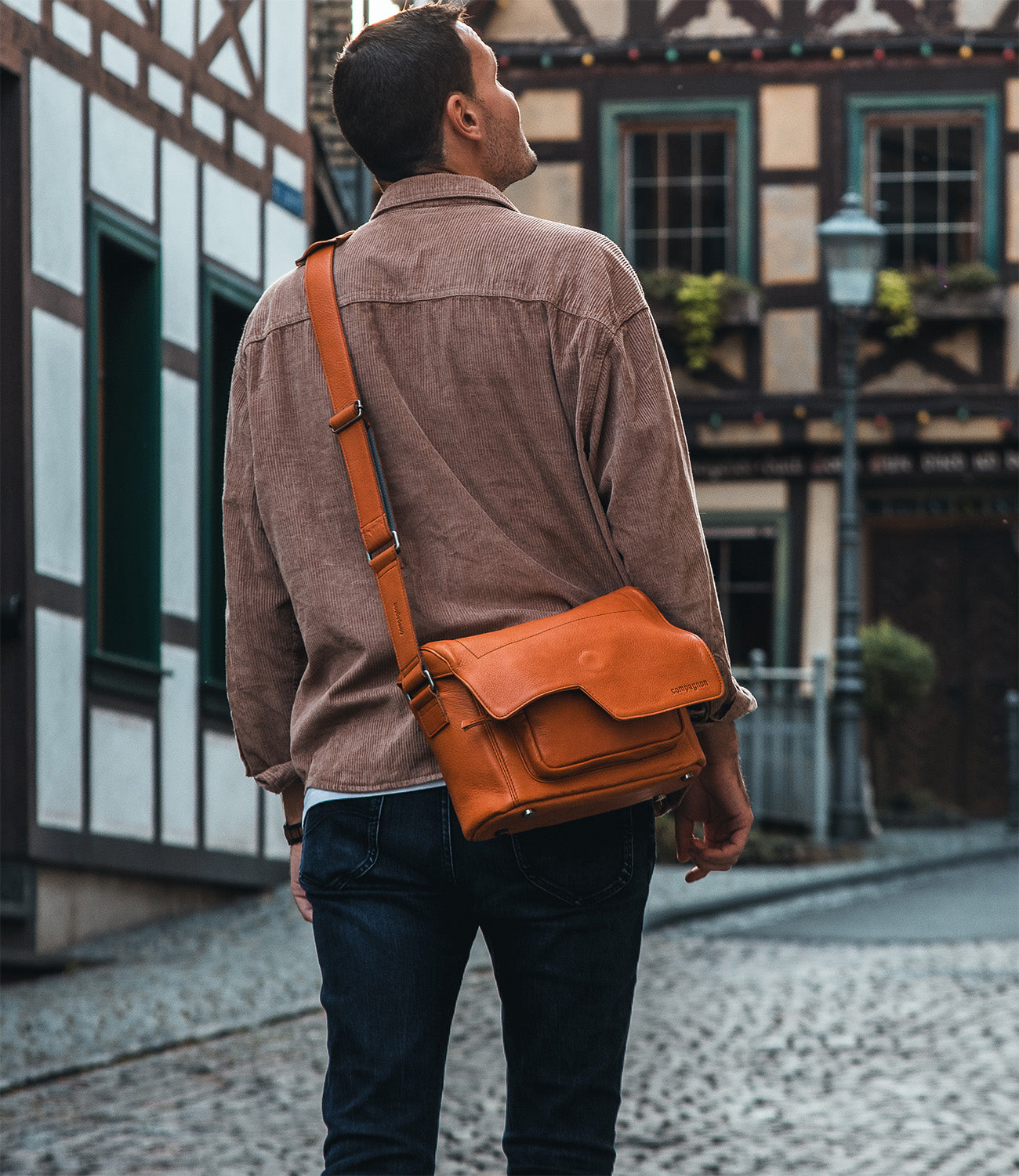
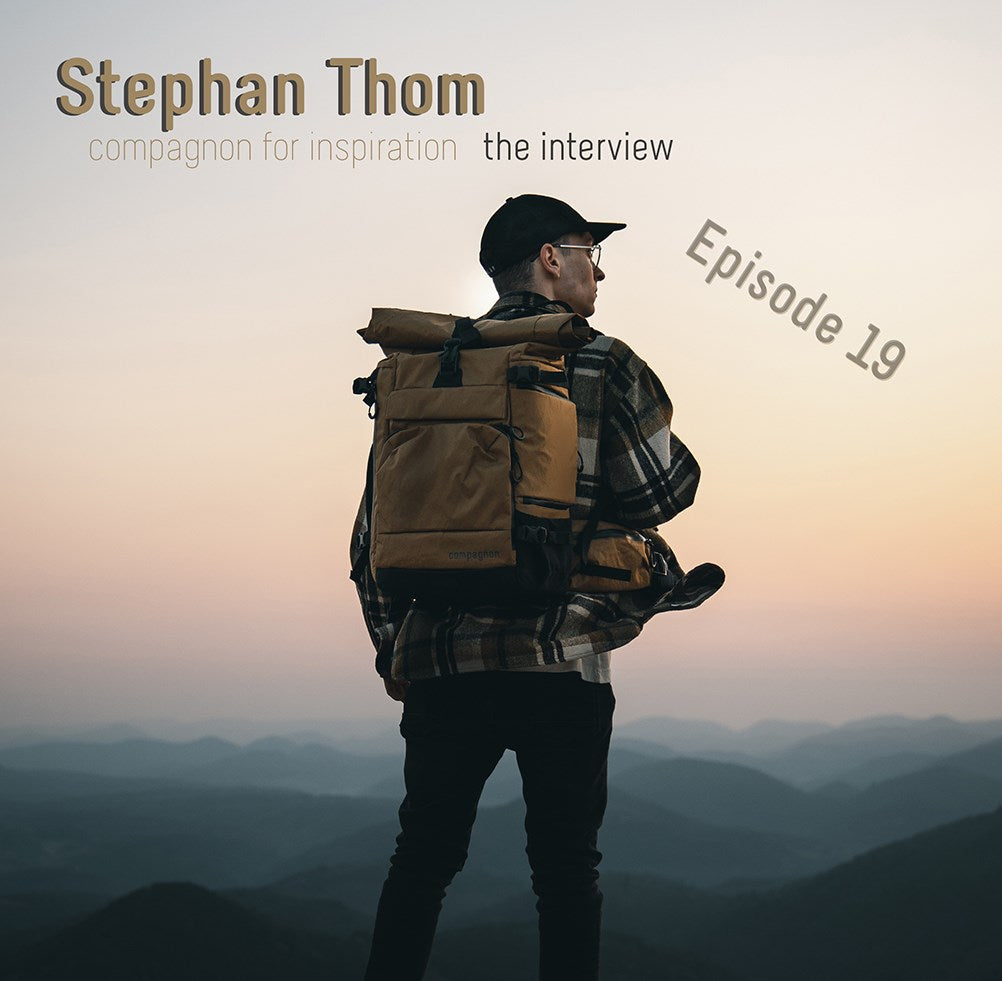
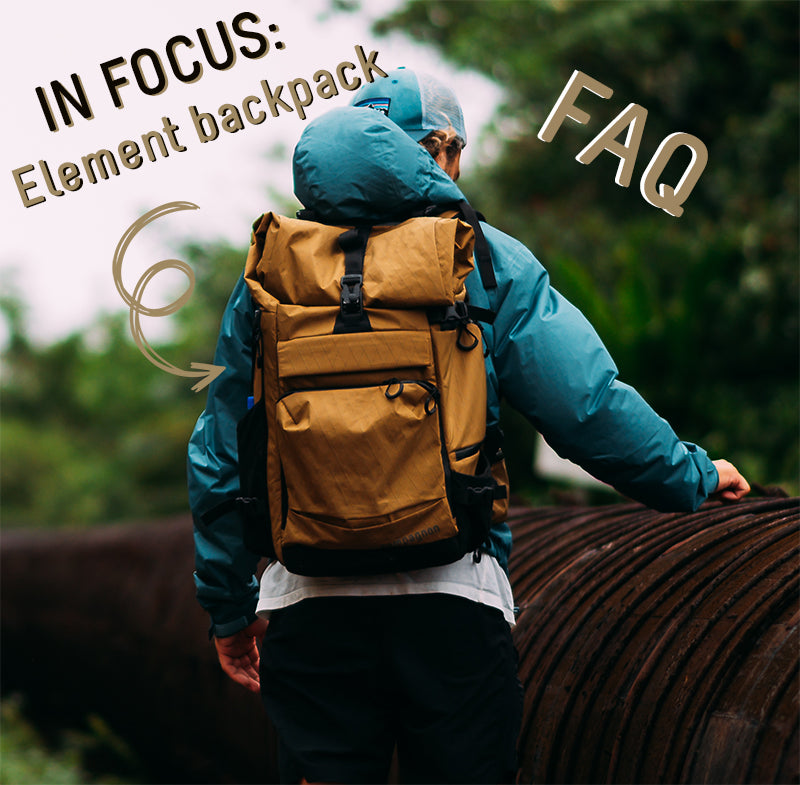
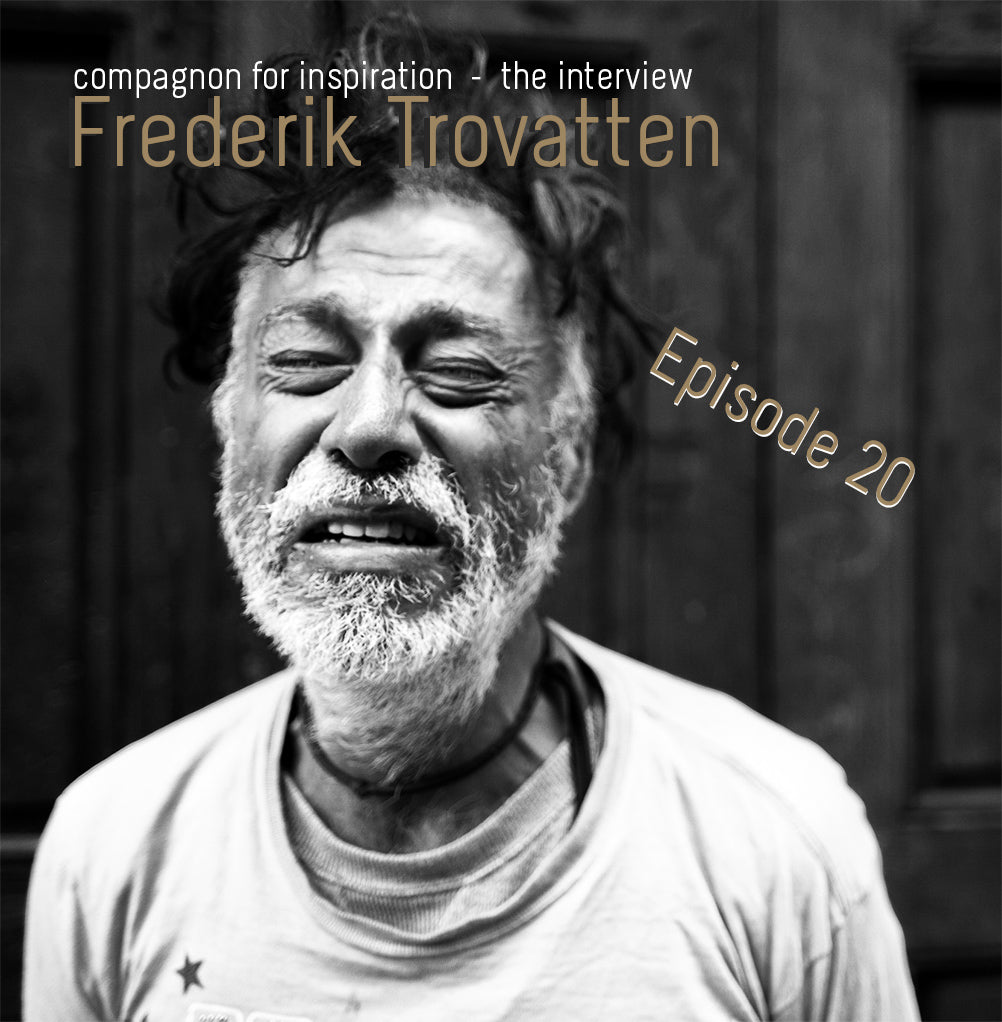
Leave a comment
This site is protected by hCaptcha and the hCaptcha Privacy Policy and Terms of Service apply.